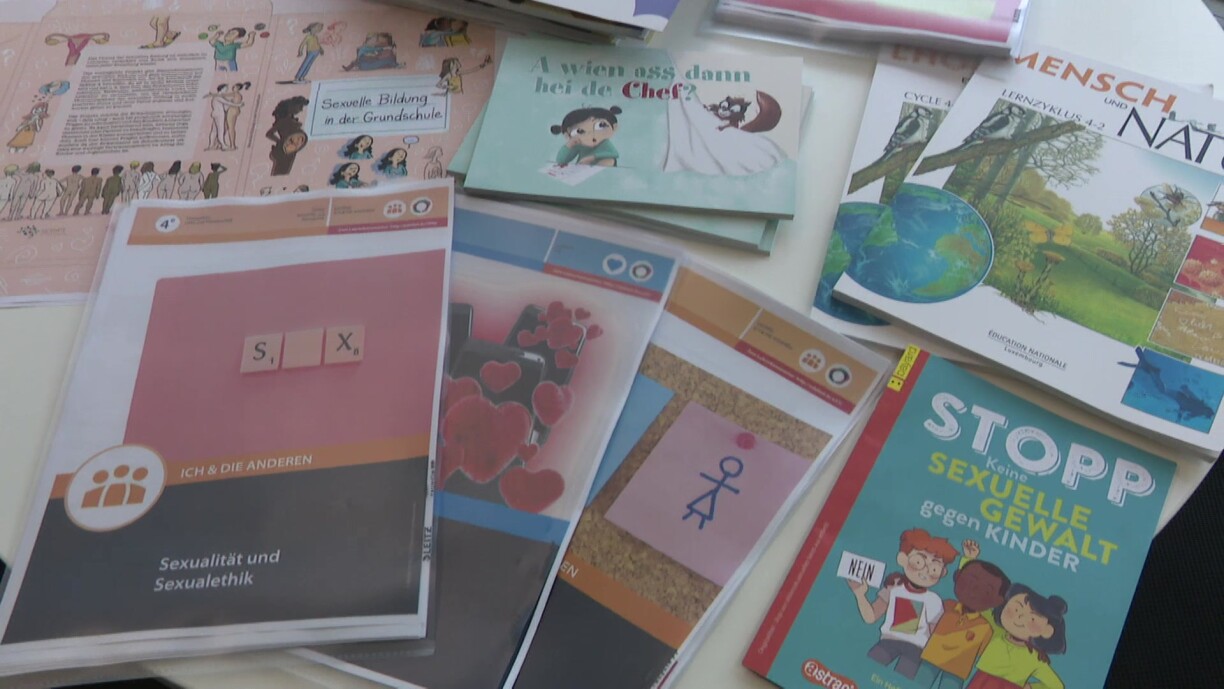
LGBT topics are not explicitly outlined in Luxembourg’s high school curriculum or primary education plan. However, elements related to LGBT themes are integrated into various courses, such as “Vie et société” and natural sciences, primarily within the context of sexual education. This integration is designed to be age-appropriate and part of a broader educational framework.
Luc Weis, Director of SCRIPT (Department for the Coordination of Educational and Technological Research and Innovation), highlighted in an RTL interview that LGBT themes represent a “very, very small part” of the overall curriculum, which also includes core subjects like reading, writing, mathematics, and sciences. The curriculum does not specifically mandate LGBT topics but aims to help students understand body parts, genders, and sexual orientations.
Weis emphasised that the goal is to equip children and young people with the knowledge to navigate the world effectively while ensuring their safety. He pointed out that research shows well-informed children are better protected against abuse, unintended pregnancies, and intolerance.
In recent years, topics related to sexual education have been introduced gradually, starting in primary education and explored in greater detail in secondary education. Weis explained that healthy sexual education begins early but avoids explicit content. The focus is on understanding the body, distinguishing between good and bad touch, and promoting gender equality from preschool onward.
As children grow older and encounter questions—such as those that may arise when seeing a boy kiss another boy—schools aim to provide age-appropriate answers. Weis stressed that teachers are expected to maintain neutrality, presenting facts rather than personal opinions or beliefs. He stated, “There are various genders and sexual orientations in society, meaning there are different realities.”
Weis acknowledged that learning can be confusing and complex, citing examples like war, diseases, and death as issues that provoke many questions but are highly relevant.
When asked about the role of parents in deciding when and how their children are educated on sexuality, Weis noted that the law envisions a partnership between parents and educational institutions. “We need to pull together to prepare young people for the future,” he said. While families have the right to educate their children in their own way, it is also important to recognise that some families may not address these topics due to cultural taboos.
The new school law, effective from last year, underscores the importance of teaching respect for oneself and one’s identity, alongside knowledge and competencies. Article 1 of this law emphasises the need to promote respect for differing opinions and democratic values, with a strong focus on equality and condemning discrimination.
Watch the video report in Luxembourgish:
Opinion: LGBT in schools – won’t someone please think of the children?!
Petition seeks exclusion of LGBTQIA+ issues from school curricula aimed at minors
Which school courses are targeted by the LGBTQIA+ petition?